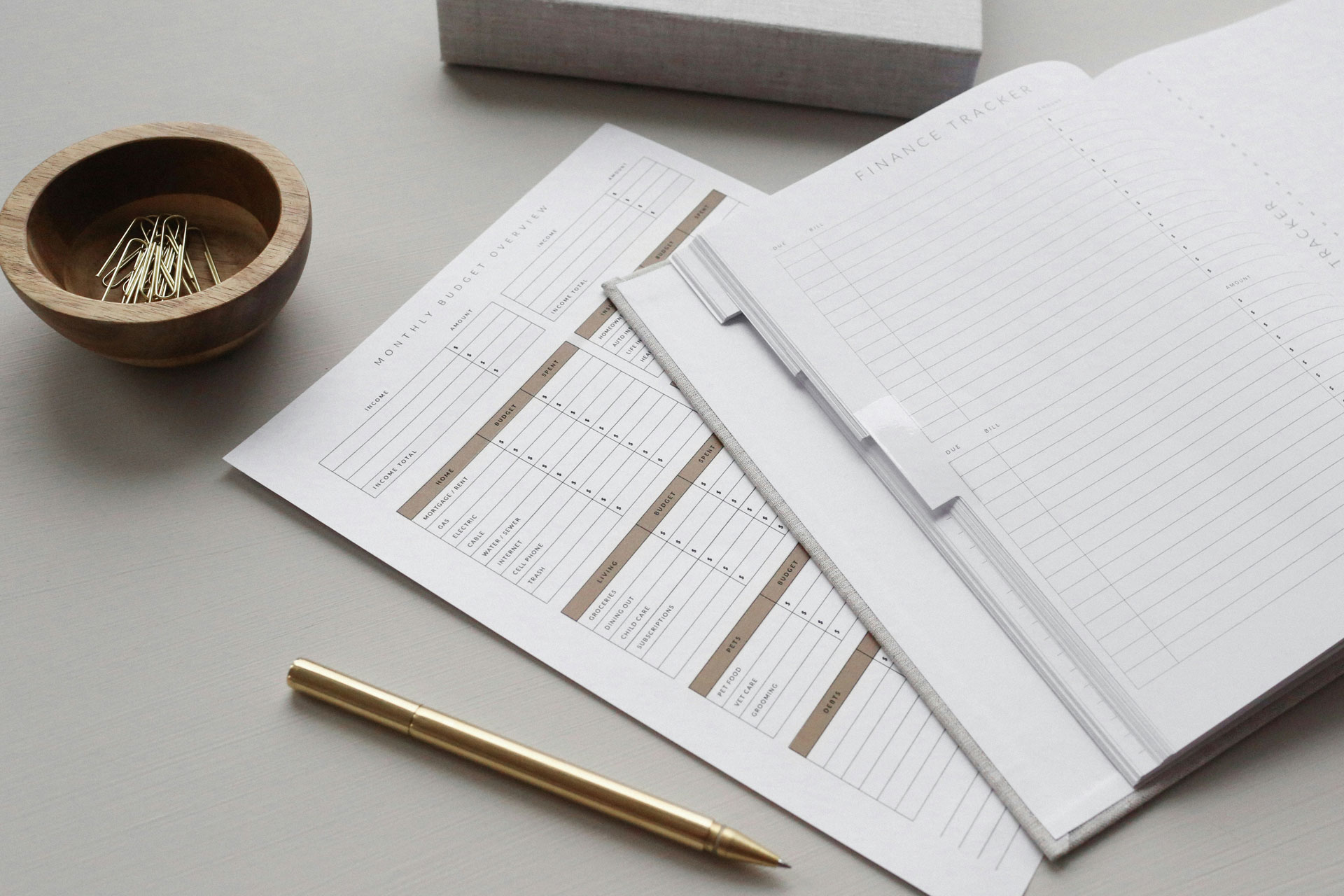Smart Saving Tips To Make Your Money Go Further
By
1 year ago
An expert guide to saving money

With the cost of living getting increasingly high, freeing up cash for savings can feel impossible. And even when you’ve got the money to put aside, there’s an endless list of questions to figure out. Should you pay off big debts first? Is it better to save or invest? We asked the experts at savings platform Raisin UK for their top tips on upping your game when it comes to managing your finances.
What To Do With Your Savings
What are some of the different types of savings accounts?
This all depends on your personal circumstances and savings goals. If you have a lump sum to save and are confident that you won’t need to access the money in the near future, then fixed rate bonds typically offer competitive interest rates. You lock your money away for a period, usually from six months to five years, and know exactly how much you’ll earn when the savings account matures.
Alternatively, notice accounts are more flexible and allow you to access your funds after a notice period. This can be from seven up to 120 days. There are also easy access savings accounts, where you can top up and withdraw your savings with minimal restrictions, but these tend to offer lower interest rates than other savings products. It’s worth noting that, unlike fixed products, the rates are variable and can reduce in line with the Bank of England base rate.
How should people decide whether to save or invest?
If you want a guaranteed return on your money, then saving is likely to be the best option. Bear in mind, however, that saving accounts are only risk-free if they’re protected by the Financial Services Compensation Scheme (FSCS). The FSCS will compensate you up to £85,000 per eligible person, per bank, building society or credit union, in the event that they fail.
If you’re willing to put your capital at risk, investing in stocks and shares can give you a better return on your investment. However, the stock market is volatile, and you could lose it all.
What should we consider before investing in stocks and shares?
Firstly, you should decide whether you want to do it yourself, or use a stockbroker or robo-advisor. If you have specific companies you want to invest in and a good understanding of how investing works, the DIY approach may be for you. If not, you might want to use an online platform, otherwise known as robo-advisor, to do it on your behalf. This will come with a small fee.
Once you’ve decided on your strategy, you should consider how much you’re willing to invest, and how long for. Generally, you should take a medium- to long-term view.
Should you pay off debts before starting saving?
Put simply, yes. It’s likely that you’ll be paying more interest on your debt than you would earn from interest on your savings. If this is the case, you should prioritise clearing any debt you have before saving. If you have money put away already, keep at least enough in your savings to cover emergencies.
What percentage of your salary would you recommend saving each month?
A good rule to follow is the 50/30/20 budgeting technique. This rule divides your monthly income into three areas: 50 percent on needs, 30 percent on wants, and 20 percent towards savings. If you earn £2,000 a month after tax, this means saving £400. If this isn’t feasible, try 10 percent.
Any ideas for savvy ways to make savings?
With the cost-of-living crisis continuing to bite, saving money can seem like an uphill struggle, but there are small lifestyle changes you can make if you want to save. It can be as simple as shopping at cheaper supermarkets, buying in bulk, or switching broadband providers.
At Raisin UK, we conducted some research that found that the average UK household wastes up to £4,575 per year on things like unnecessary subscriptions and current accounts that earn no interest. It’s worth regularly reviewing your outgoings, and seeing if you can get more for your money.
How much should people aim for in an emergency fund?
It’s recommended that you have three months’ worth of essential outgoings, or three months’ salary, stashed away as a minimum. For the best possible protection against unforeseen financial difficulties, six months’ worth of outgoings is ideal. So, if your monthly expenses are £1,500, that would mean having £9,000 in your emergency, or ‘rainy day’ fund.
Tips for saving for an emergency fund?
Firstly, you should calculate your expenses. Then, you can multiply this figure by three or six, and know how much you’re aiming to save. There’s no one-size-fits-all answer to the question, ‘how much should you have in emergency funds?’, however, and you might decide on another figure if this isn’t realistic.
Be clear exactly what constitutes an ‘emergency’, so you’re not likely to spend your savings unnecessarily. You may also want to open a separate savings account to store the money safely in. This helps reduce the temptation to spend it, but you will need an account that allows instant access to your cash, such as an easy access savings account.
How can people use Raisin UK as a resource for improving their finances?
At Raisin UK, we provide a free, easy-to-use online savings platform. You can take advantage of competitive interest rates with FSCS-protected banks and building societies, and manage everything with a single login. Apply to open as many accounts as you like, and watch your money grow.
Start saving with raisin.co.uk




